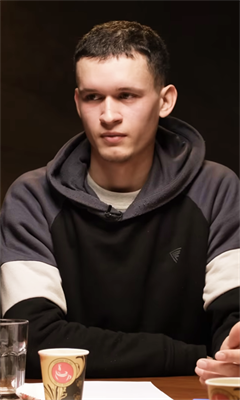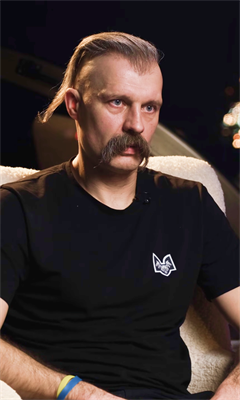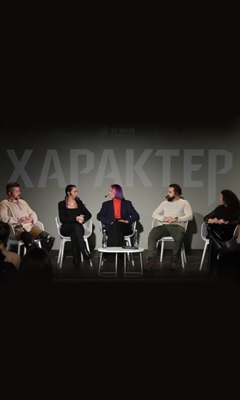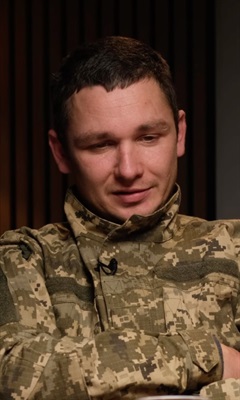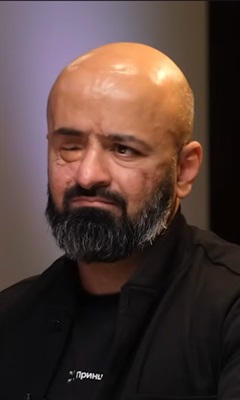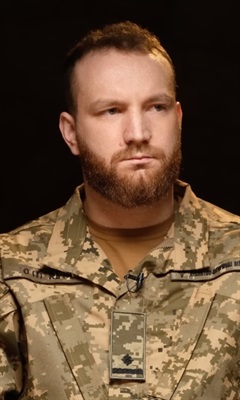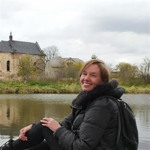It was us who wrote “CHILDREN” in front of Mariupol drama theater — bomb shelter custodian
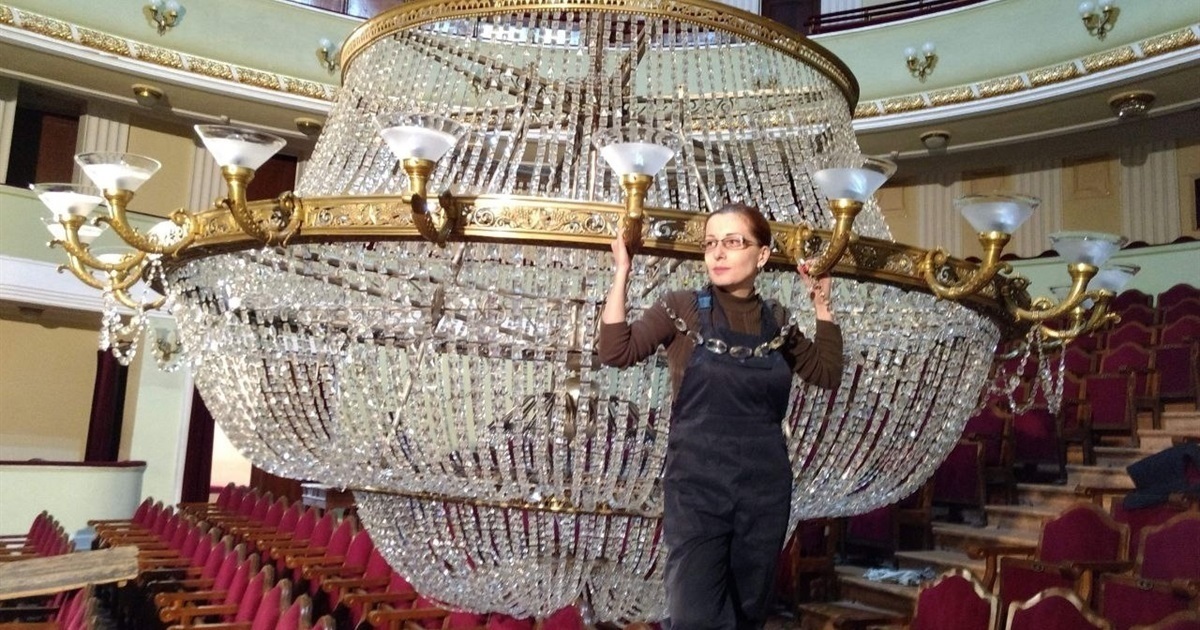
She managed to build a team that worked in unity until March, 16. Yevgenia told the Svoi.City why the shelter lacked utilities, how they split tasks among themselves, and how the inscription “CHILDREN” came to be in the square in front of the theater.
There used to be a restaurant here
On February 24, I was awakened very early by the sound of explosions. They were shelling the suburbs, however, windows were shaking in my downtown apartment. Our apartment building didn’t have a basement (or, rather, it had, but it was occupied by some shops), so my husband and I, along with our daughter, immediately headed to the Theater. When I informed the director [of the Theater], he replied: “Of course, make yourself comfortable if you think it’s safe in there”. Besides our family, there were watchmen and the fire service. In the evening of the same day, the official website of the City Council published a list of bomb shelters, and the Theatre was on that list.
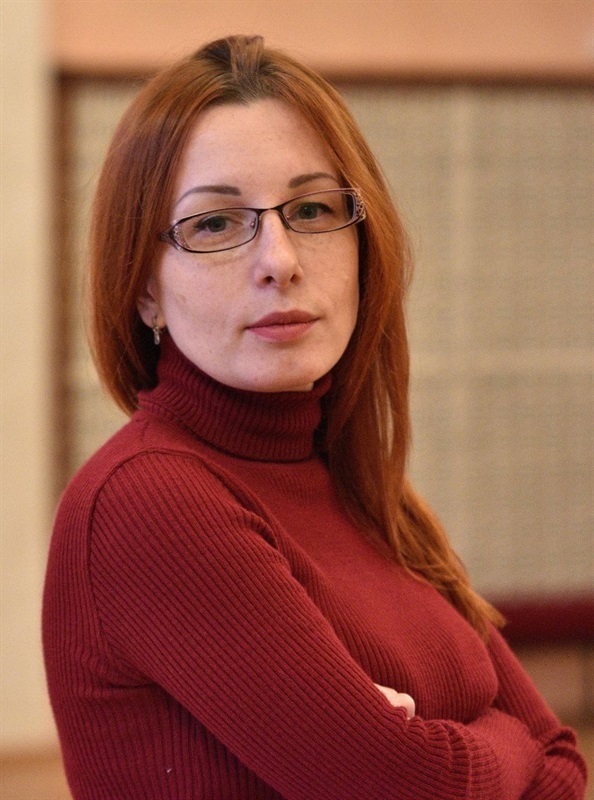
According to my (now late) boss, before WWII, there used to be a huge church on the spot now occupied by the theater. The Germans blew it up while retreating from Mariupol. In 1960, a theater was built on that same site. The bomb shelter is a fundamental basement structure lying very deep, its walls are structural.
There used to be a popular Teatralniy restaurant there in the 1990s, situated right below the lobby. Then the space (consisting of a great hall and several utility rooms) was sold to the former Mayor, Mikhail Pozhyvanov. Later, when Pozhyvanov moved to Kyiv, the space was re-sold, but the restaurant was soon shut down. When moving out, the new owners knocked down the tiles and cut off all the pipes and other utilities — they basically took everything they could, leaving behind nothing but bare walls. But since that space still had an owner, the theater administration didn’t have a right to fix anything there.
Shortly before the invasion, the team of electricians had the power line led in; however, the shelter had neither water supply nor toilets.
At first, people did not stay in the bomb shelter, they came in during heavy shelling, and went home when the shelling subsided. But after a few days, the situation changed: families came and stayed overnight. Initially, there was nothing in the bomb shelter. So we laid the floor with wooden panels, covered them with wing curtains, and layered the walls with polyfoam for warmth. There were 60 of us in that theater when one day, patrol police paid us a visit asking if we needed anything. Back then, the city still had gas supplies, so I took frequent trips home to heat kettles of water and bring them back to the theater, so people could make themselves some tea and some instant ramen. Having returned from one of such trips, I learned that people appointed me as the bomb shelter’s custodian. I learned that, while I was away, the police returned and asked who was in charge, and the people said that I was. So I became the custodian of the place, and my husband became my most important assistant. Sergey did all the communication with volunteer organizations, getting us food and medications. He used to run to them under the shellings and bombings, saying “I have to, I arranged for medicine”.
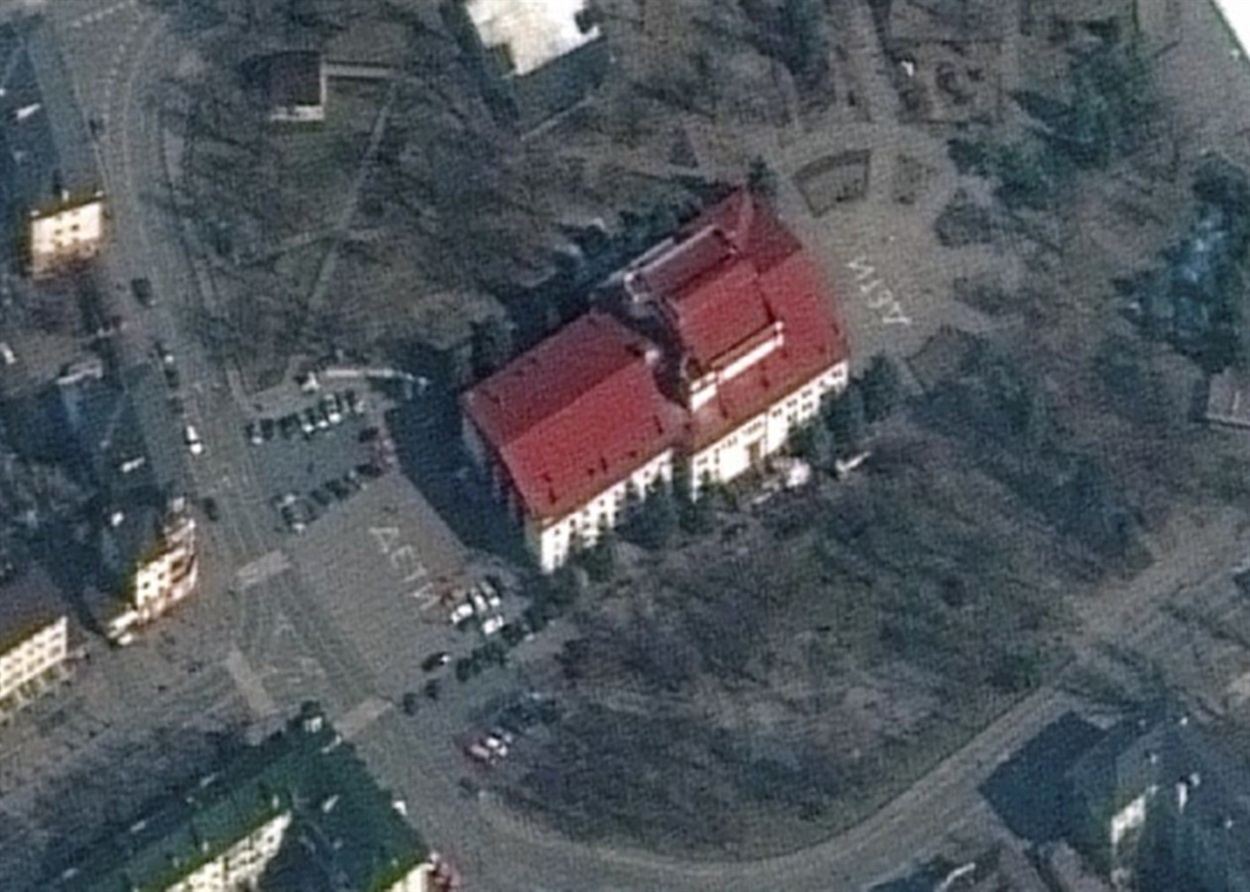
A cloak-room ticket on the neck
At first, people thought that we were volunteers of some sort. But I told them that we were not, that we were in the same situation as them, we just knew the theater well and were trying to help everyone else. Then people began offering their help. We ended up building a unified team. In order to recognize each other, each volunteer wore a cloak-room ticket around their neck.
We had security, water carriers, and stockmen. There was a team of people engaged in boarding up windows, our Yaroslav Kubilin soldered some flashlights for security from some diodes, old phones, and batteries. Some chopped firewood, others made sure that the fires did not go out; some prepared food and the others cooked it. We had a team of girls distributing the food, who knew precisely when it was time to serve breakfast, lunch, and dinner. They used sanitizers to clean their hands.
We learned about a dysentery outbreak (due to the lack of water supply) in another bomb shelter. Assistants also kept journals for each of the city’s neighborhoods, where they listed the inhabitants of the shelter in alphabetical order, so people who arrived later could find their relatives on those lists. I had a team of women whom I called “Cleanliness Fairies”; we washed and treated toilets and sinks. When people were few, I used to wash the toilets myself, every morning, with a chlorine solution. When the toilets would clog, I would unclog them — had to take up the role of a plumber. The same was with the washbasins. When the number of people increased, motivated women split into teams and established a cleaning schedule.
Wet towel wipes at a premium
When there was no more tap water, we made do with rain and snow, using that water to flush the toilets, to clean and wash the dishes. But when the number of people increased, water wasn’t enough. So we came up with the idea to use up the water reservoirs the theatre kept in case a fire broke out. The two reservoirs held 200 tons of technical water. So we shared those tanks: one was left for the firefighters putting out fires in the neighborhood, while we used the other one for our needs. We got our drinking water from the utility workers who brought it in stainless steel containers so that we and people from the buildings nearby could refill our supply.
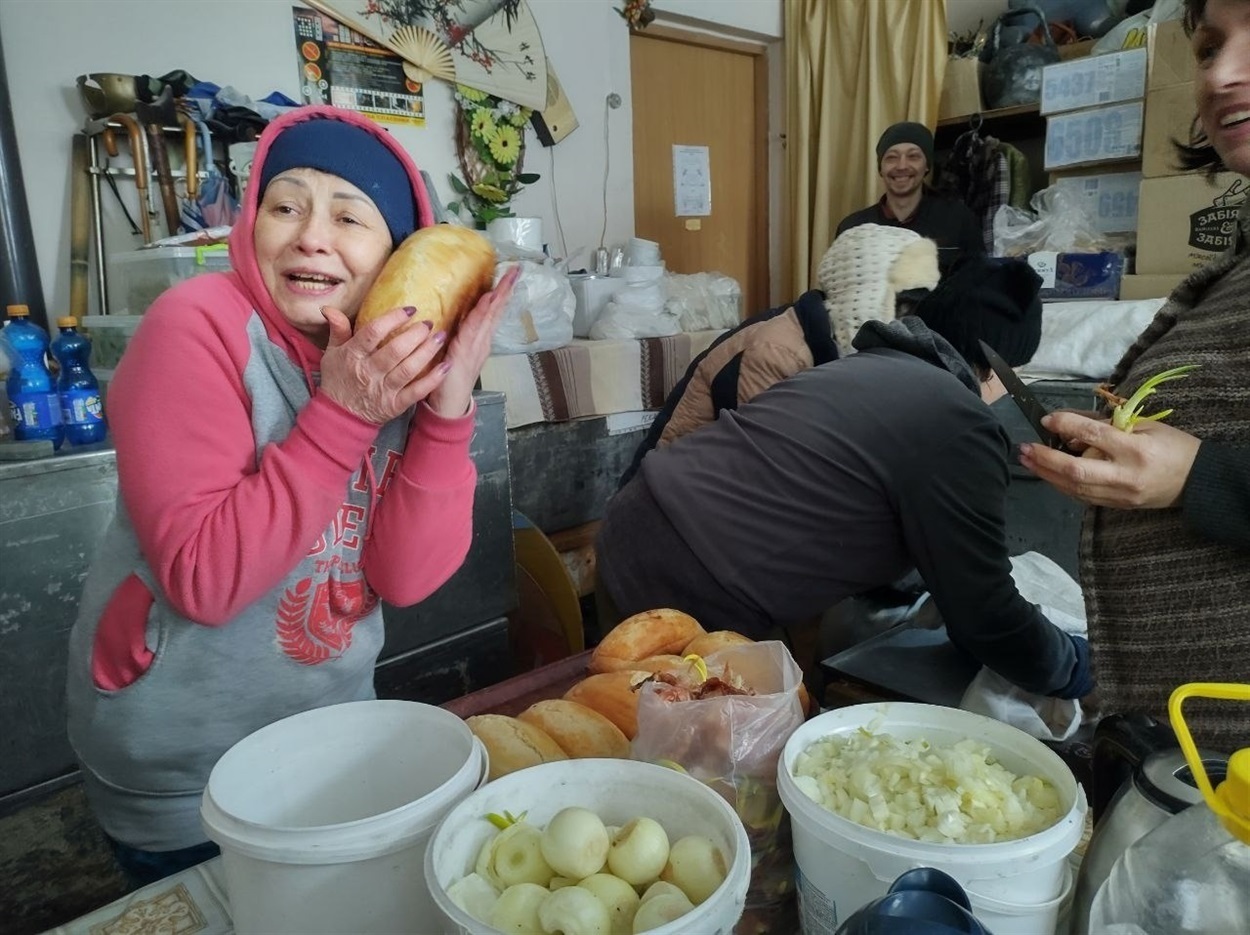
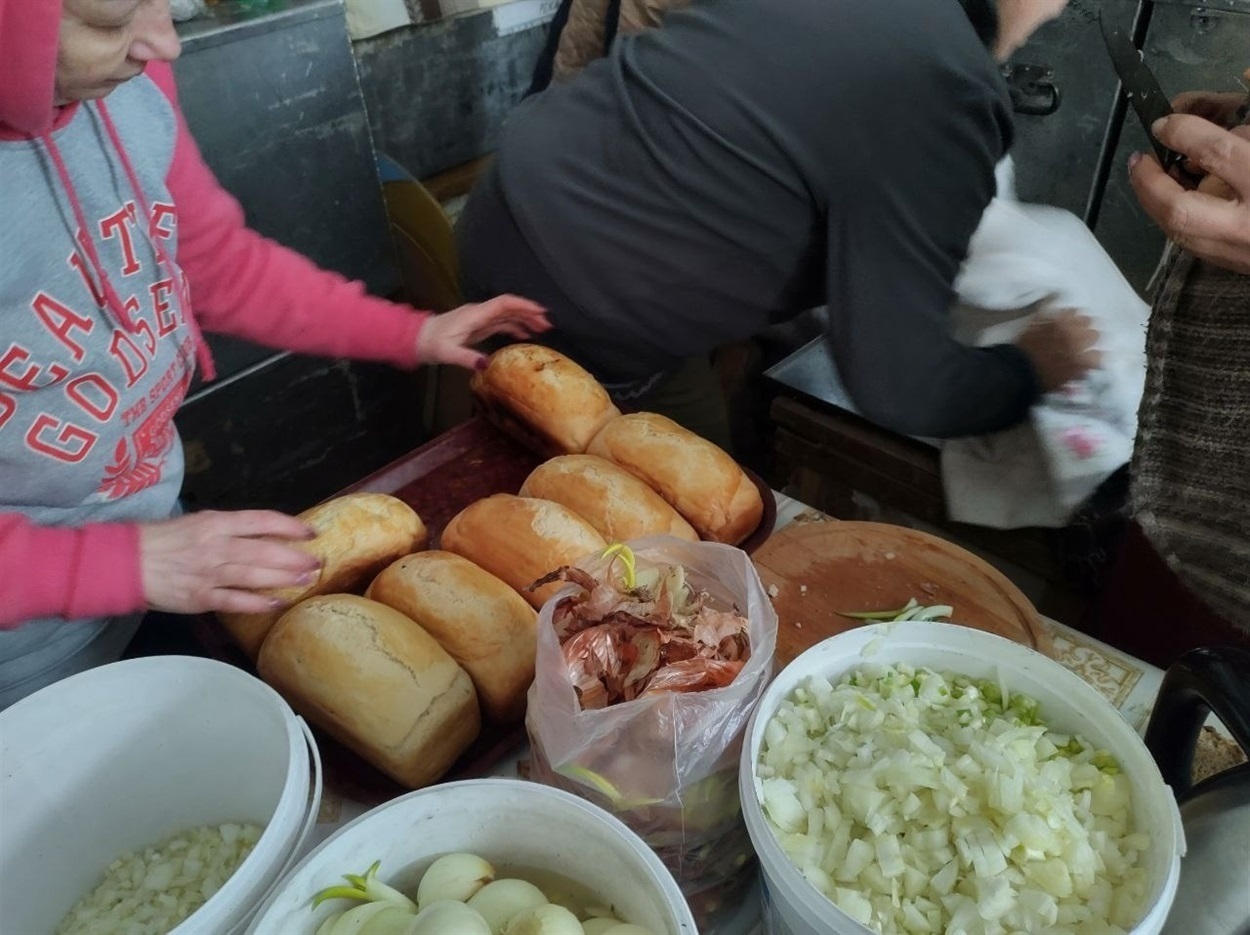
We cooked our food in the field kitchen that police officers got us in just several hours after we asked for one. That field kitchen consisted of four 40-liter tanks, and we used them to cook soups and porridges. We distributed the food in disposable paper cups donated to us by cafes and restaurants; some people brought their own kitchenware.
Most of the food was brought by the police and volunteers, bless them. When the central marketplace was bombed, our fearless men ran there, searching for food that survived. Volunteers and the police were also the ones to provide us with items of personal hygiene, like toothpaste and toothbrushes, toilet paper, and diapers. Wet wipes and baby formula were in short supply. We got the wipes on only two occasions. The first time, we got one pack of 120 wipes, so I divided them between the mothers, giving each of them a plastic bag with 15 wipes inside. The next time, each mom got a large pack exclusively for her own needs. We only gave the remaining wipes to those in dear need of them.
Some were ailing, others were winter bathing
We had a first-aid post at the theater, with doctors and nurses. A lot of people fell ill, most of them caught a cold, as the temperatures were freezing. After one mortar shelling, half of the theater’s windows were broken. We boarded them up, yet the temperature never went higher than +10 °C (+50°F).
The Red Cross and Caritas helped with medicines whenever they could, and the police delivered insulin and other complex medicines. But there was a shortage of medicines for children, especially antipyretics and treatments for intestinal infections because some parents failed to boil technical water before giving it to their children. However, the medical workers handled the situation pretty well. The worst part was people with fever. People who were already sick from living in cold basements kept arriving at the shelter, and in the confined environment, viruses spread like bushfire. Yet we had some bold people who were winter bathing.
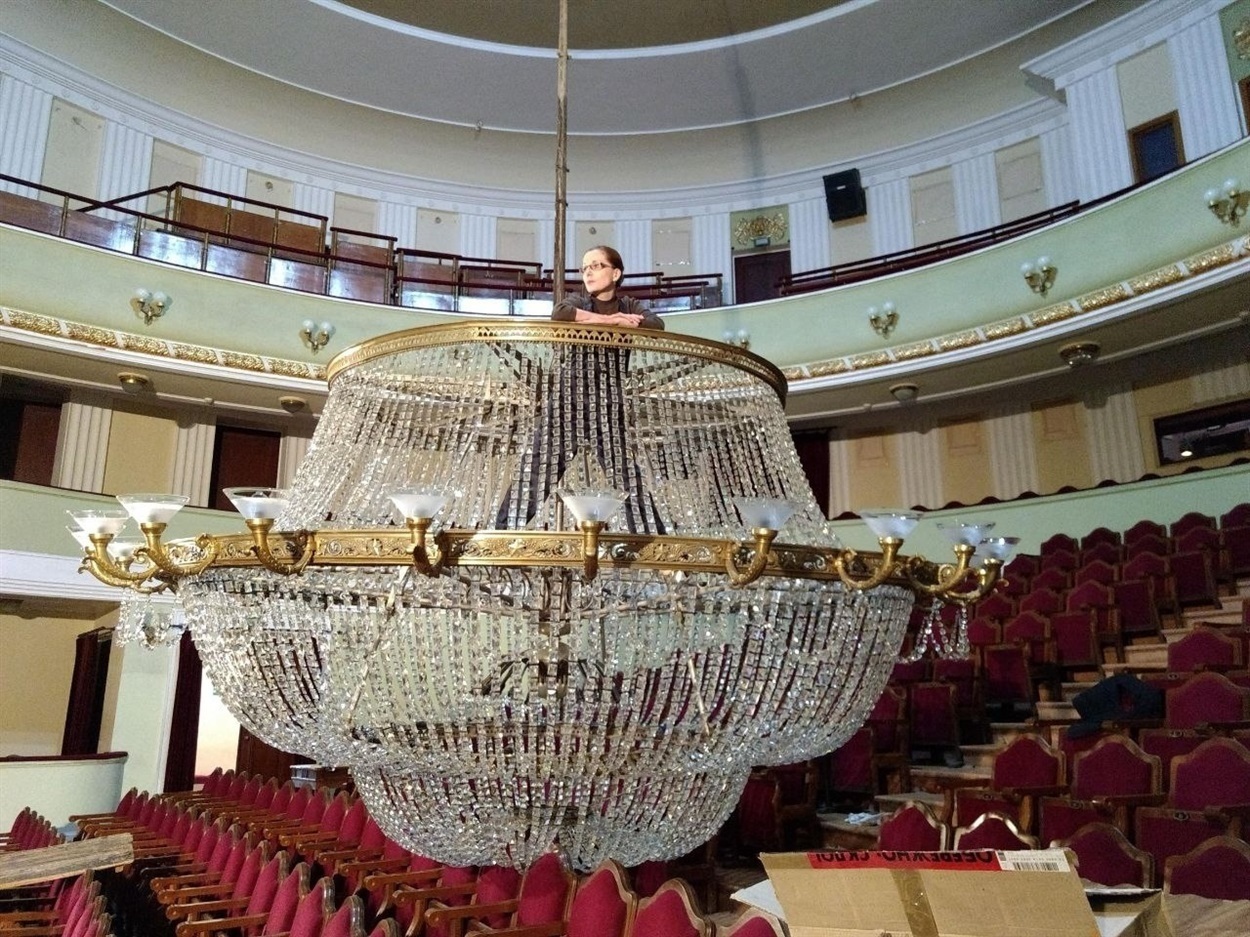 This is what our chandelier looked like. We washed once every two years. It weighed 700 kg (1543.24 lbs) and had 121 bulbs.
This is what our chandelier looked like. We washed once every two years. It weighed 700 kg (1543.24 lbs) and had 121 bulbs.
Those were my assistants who, after a hard day’s work, used to heat water in a pot over a fire and then washed themselves in the theater shower. I didn’t take my chance, as it was terribly cold and I was afraid of getting sick, with the critical shortage of medications and all.
We had people with different diseases in the theater: there were cancer patients, diabetics, and children with cerebral palsy and autism. I remembered a guy named Oleg, he had serious heart disease, and his father was a cancer survivor. So Oleg provided us with psychological assistance. He had plenty of work, as many people had panic attacks. We had one woman, a neurology patient, who needed antidepressant drugs, and it took us a great deal to get some for her.
Blood-curdling stories
We had a lot going on during those two weeks. For instance, some men somehow managed to find alcohol and get drunk. We had to evict one particularly violent guy who drunkenly threatened others with a knife.
When the hostilities approached the downtown, we decided to board up the windows in order to protect the people inside (people were everywhere, some were in close proximity to the windows). So we dismantled some theater decorations and used that plywood to board up every window from the inside, on just one side of the building. I do not know why we did so, it was purely on instinct. And on the very next day, a mortar shell came flying from that direction. It didn’t hit the wall, as it ended up hitting a spruce tree and exploding from the impact. Several men from the field kitchen were wounded. Our medical staff removed the fragments of the mortar bomb from their bodies, and they were back cooking lunch in just 20 minutes.
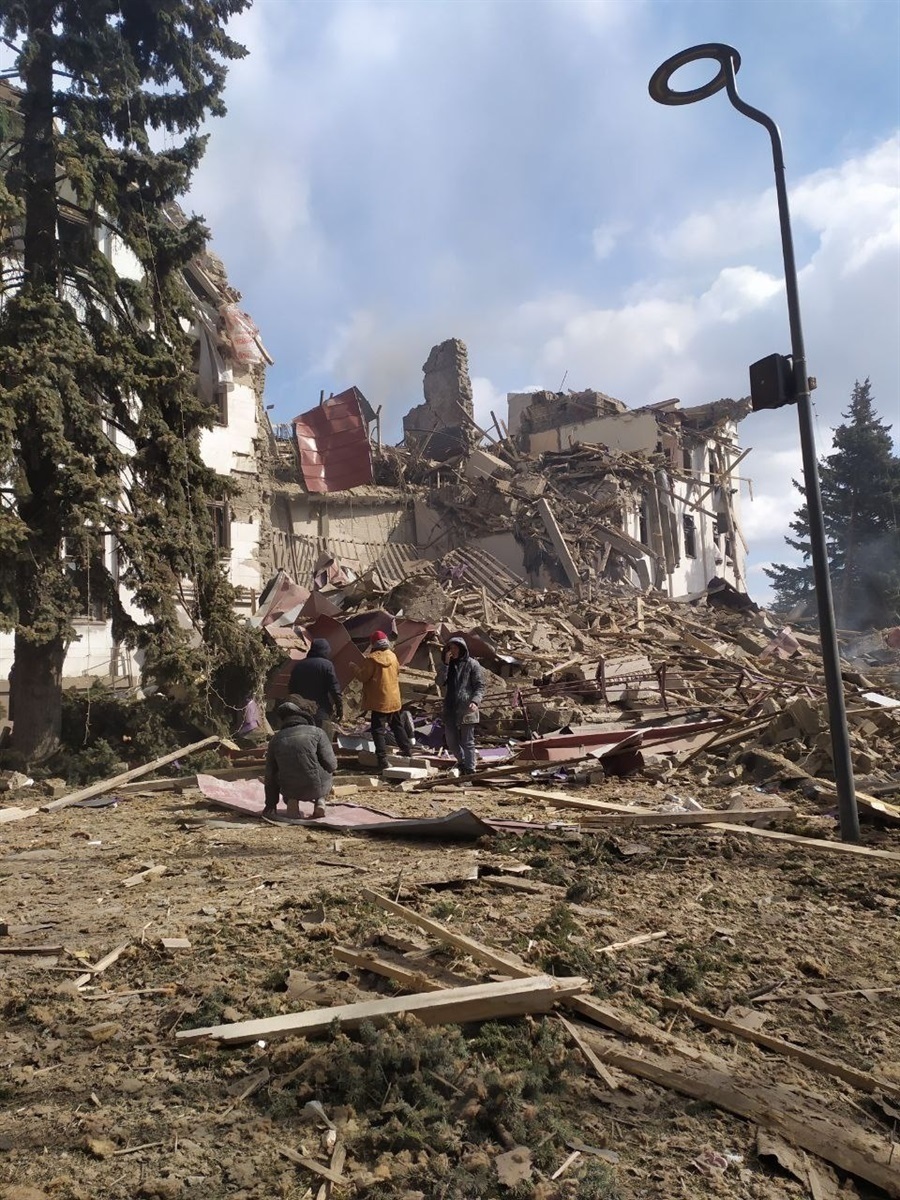 The place where the theater’s field kitchen once stood
The place where the theater’s field kitchen once stood
The two women who also happened to be in the street near that bonfire were injured more severely. They lived in the theater but opted to cook their own meals. One had her leg, and the other one — her buttocks badly cut by shrapnel. One by one, they were taken to the hospital. A 15-year-old girl named Nastia, a very bright and cheerful person, volunteered to accompany them.
Nastia and her brother, and some of their friends, came to our bomb shelter from a different neighborhood. The girl eagerly took on any job and helped everyone. When I was informed of Nastia’s initiative, it was already too late. At first, she accompanied a woman with a wounded leg, then brought the woman with wounded buttocks to the hospital and back. The medical workers treated her wounds, put a bandage on them, put on a diaper, and sent her back, without stitching her wounds. So the time goes by, and the woman keeps bleeding, to the point when the diaper is soaked with blood. So once again our security starts asking people to take the woman back to the hospital, and once again, Nastia volunteers to accompany her.
Sidenote: we initially marked our security by applying silvery scotch tape on their sleeves, and Nastia also had that marking. Only later did we learn that grey or white stripes on sleeves were worn by people who helped the troops from Russia and “DPR” [so-called Donetsk People’s Republic]. The car with a driver, the wounded woman, and Nastia inside, came under automatic gunfire, and the girl was wounded. The bullet hit her thigh and exited through the abdominal cavity.
Our medical worker wrote a list of medications and handed me, saying: “Evgenia, we need them ASAP!”. So my husband went to Caritas and explained the situation, and they promised to help. The next day, a huge package of medicines was delivered to the theater, and in another few days, the girl could already walk. The girl was so nice that when the word of what happened spread, the kids were crying and the adults were unhinged. And when she was back from the hospital, everyone was there to see her, hug her, and support her. She also survived the bombing of March, 16, however, her brother was killed.
The strong walls of the electric shop saved us
I couldn’t sleep on the final night before the theater was destroyed, as the bombings downtown grew more intense and the theater was literally shaking. That was the first time I felt immense fear. I’ll remember that day, March, 16, for the rest of my life. Our daughter was in the bomb shelter, while my husband and I were in the electric shop, near the stage. We went there, as we needed a place to talk.
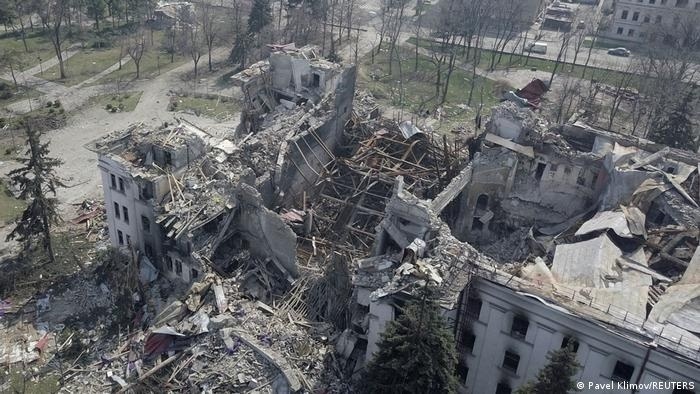
Two minutes later we heard an explosion. The only thing that saved us was that the electric shop had two load-bearing walls and two armored fire-retarding doors. Otherwise, Sergei and I would have been killed. My husband first dug himself out from the rubble, and then helped me get out, too. It felt like I was shell-shocked. We immediately ran to the bomb shelter and found it and the people inside intact. Everyone inside was unharmed. However, people who were on stage and in the auditorium were killed. I kept telling everyone over and over that those were the two most dangerous zones, as they had no reinforced structural ceiling, but it fell on deaf ears.
As for the inscription “CHILDREN” in front of the theater… The idea belonged to one of my assistants, who voiced it during one of our morning briefings. I was all for it, as I thought it would help keep us safe, but I was wrong.
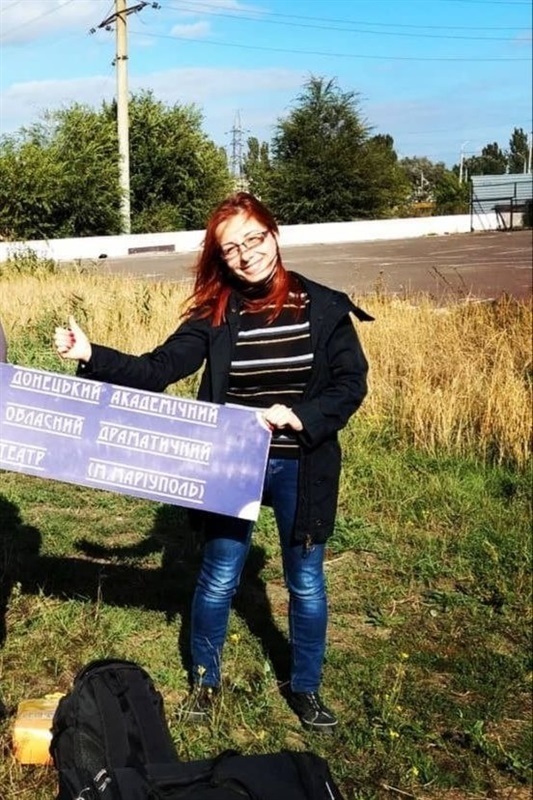
Until the very last moment, we wouldn’t believe that our theater could actually be bombed. The boys even used to joke: “The war will end, and our Theater will continue to serve as a hostel while we’ll be rebuilding the city”. The times were hard, but I had a great team.

